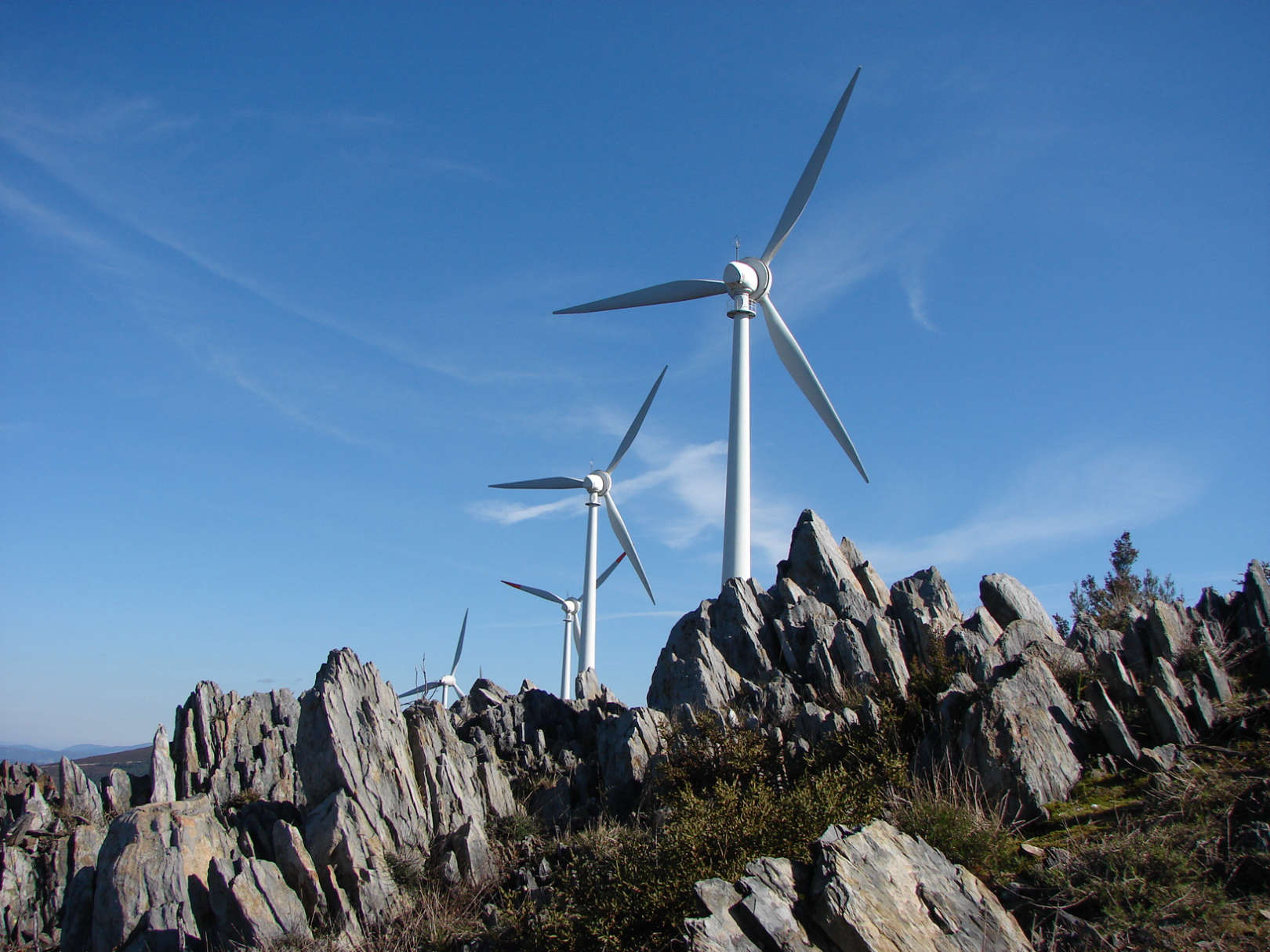€7.8M European project in the energy field comes to an end
INESC TEC, represented by its Centre for Power and Energy Systems (CPES), has been participating since September 2013 in project evolvDSO - Development of Methodologies and Tools for New and Evolving DSO Roles for Efficient DRES Integration in Distribution Networks.
02nd January 2017
evolvDSO project team tests tools in a real environment in Portugal and France
The goal of this project was to develop and demonstrate innovative tools to support the current and future roles of distribution system operators in the smart grids paradigm.


INESC TEC and the demonstrations
INESC TEC was responsible for Work Package 3 where the goal was to develop tools to manage the power distribution grid, which were demonstrated in a real environment for the different distribution system operators involved in the project.
The demonstrations in a real environment of the tools developed by INESC TEC were tested by EDP Distribuição (Portugal) and Enedis, the French distribution system operator.
16 institutions from eight European countries - Portugal, France, Italy, Belgium, Denmark, Austria and the Republic of Ireland – participated in this €7.8m project, which was concluded in December 2016.
INESC TEC and EDP Distribuição were the Portuguese institutions that participated in evolvDSO (www.evolvdso.eu).


The reason for the project
The growing focus on smart grids, the increasing levels of renewable electricity in the distribution network and new business models (e.g.: self-consumption, active management of energy consumption) are causing power systems and their operation to evolve.
For three years, the project team has worked on defining the future roles of distribution system operators based on scenarios driven by different levels of technological progress, consumption patterns and flexibility, and the increasing integration of distributed energy resources.
For that, INESC TEC developed four optimisation and decision support tools to operate high, medium and low voltage electricity distribution networks.


The tools developed by INESC TEC
“One of the tools was developed specifically for low voltage networks and tested in simulation environments in Portugal and France. We have identified benefits for the Portuguese and French networks, such as the increasing capacity to integrate renewable energy generation, an improvement of indicators and fewer cuts in renewable production”, explains Ricardo Bessa, a researcher at CPES.
According to the researcher, this new feature will allow distribution system operators to explore new business models related to self-consumption, storage and active management of household consumption.


Two of the tools have been tested in a real environment for EDP Distribuição and Enedis and showed benefits in terms of the integration of renewables, as well as an operational improvement of the network’s management, and an increase in the information presented to the system control and the switching centre.
The fourth tool was also developed specifically for low voltage networks to estimate voltage and actual consumption levels, using information measured by smart meters. The tool was tested in France and presented benefits such as reduced costs of real-time communication of data from the meters, high accuracy in the estimation of electrical quantities and supply, and providing the operator with real-time information on the conditions of the power grid’s operation.
In general, the technologies developed, which take into account the smart grids paradigm and new business models (e.g.: consumer or storage aggregators), sought to estimate the flexibility of the active and reactive power of distribution systems. Moreover, they increase the degree of power control at the interface substations between the transmission and distribution networks, in order to optimise operational costs and improve the technical conditions of the network’s operation.
Final workshop of project EvolvDSO took place in Milan
The final workshop of project evolvDSO was held at the Smart Grids Laboratory in Milan in the beginning of December 2016.


The consortium, together with external stakeholders, presented the specificities of each country and the feedback from external stakeholders.
Luís Seca, coordinator of the Centre for Power and Energy Systems (CPES), and Ricardo Bessa represented INESC TEC at this event. Ricardo Bessa was responsible for presenting the tools developed by INESC TEC as part of the European project.
The researchers mentioned in this article are associated with INESC TEC.
INESC TEC, December 2016


